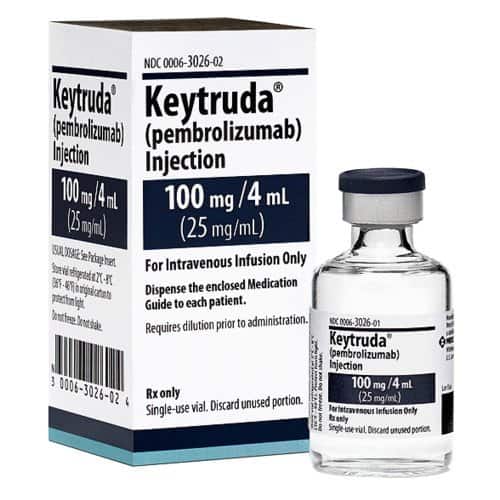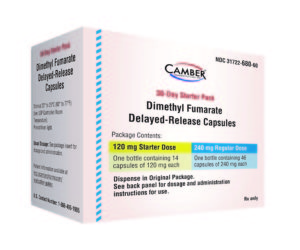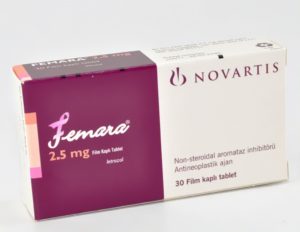Keytruda (pembrolizumab) is a humanized antibody approved by the FDA for the treatment of melanoma, lung cancer, head and neck cancer, Hodgkin lymphoma, stomach cancer, cervical cancer, and some forms of breast cancer. It is injected slowly into a vein.
Indications of keytruda?
Keytruda is a medication that is used alone or in combination with other medications to treat specific forms of cancer, including the following:
- Cancers of the skin (melanoma or Merkel cell carcinoma)
- Cancer of the lung
- Cancer of the head and neck
- Hodgkin lymphoma
- Mediastinal big B-cell lymphoma in its initial form
- Kidney, bladder, and urinary tract cancer
- Cancer of the liver
- Cervical or uterine cancer
- Stomach or esophageal cancer that has progressed
Keytruda mechanism of action
Reactivation of T cells with Keytruda. Keytruda binds to the PD-1 receptor and prevents it from interacting with PDL1 and PDL2, hence aiding in the restoration of the immune response. While this may have an effect on the tumor, it may also have an effect on normal healthy cells.
Keytruda Dosage
Dosage for adults:
Give as an intravenous infusion over 30 minutes. 200mg once every three weeks or 400mg once every six weeks. Continue until disease progression or intolerable toxicity occurs, or up to 24 months in patients who do not advance; (and/or until chronic or recurrent high-risk NMIBC). Continue adjuvant therapy for RCC until disease recurrence or intolerable toxicity occurs, or for up to 12 months. Give in conjunction with axitinib 5mg twice day or lenvatinib 20mg once daily in advanced RCC. Increase the dose of axitinib at 6-week or longer intervals. Modifications to the dose: refer to the whole labeling. Corticosteroids should be used to treat the majority of Grade 2 immune-mediated responses.
Dosage for Children:
Currently unknown.
Administration
- Any unused part remaining in the vial should be discarded.
- Administration by intravenous
- Infuse over 30 minutes via an IV line with a sterile, nonpyrogenic, low-protein binding in-line or add-on filter with a 0.2-5 micron pore size.
- Pembrolizumab should be given prior to chemotherapy in patients with NSCLC, esophageal cancer, TNBC, or HNSCC (combination therapy).
- Gastric cancer (combination therapy): Pembrolizumab should be given prior to chemotherapy and trastuzumab on the same day.
- Do not deliver additional medications via the same infusion line.
Keytruda side effects
Serious or catastrophic adverse effects associated with stimulating your immune system, including the following:
- Liver damage
- Thyroid issues
- Bronchitis (inflammation in your lungs)
- Adverse events associated with Keytruda infusions
- Allergic response
Drug interaction
- Betamethasone
- Budesonide
- Cortisone
- Deflazacort
- Dexamethasone
- Efgartigimod alfa
- Hydrocortisone
- Lenalidomide
- Methylprednisolone
- Pomalidomide
- Prednisolone
- Prednisone
- Thalidomide
- Triamcinolone
Precautions/ safety information
It is critical for your doctor to monitor your progress on a frequent basis to ensure that this medication is working appropriately. Blood and urine testing may be necessary to rule out any adverse effects. Notify your doctor immediately if you develop a cough, chest tightness, or any other form of breathing difficulty while taking this medication. These may be signs of more serious lung disease.
Keytruda has many disease interactions. More details at: https://www.drugs.com/disease-interactions/pembrolizumab,keytruda.html
Storage
Store between 2 and 8 degrees Celsius (36 and 46 degrees Fahrenheit).
Contraindications
- Hyperactive thyroid
- Hypothyroidism
- Myasthenia gravis
- Interstitial pneumonitis is a form of lung inflammation
- Inflammation of large intestine
- Hepatitis
- Inflammation of the kidneys
Pregnancy or lactation
Breastfeeding is not recommended during this treatment since the medicine may get into your breast milk.




